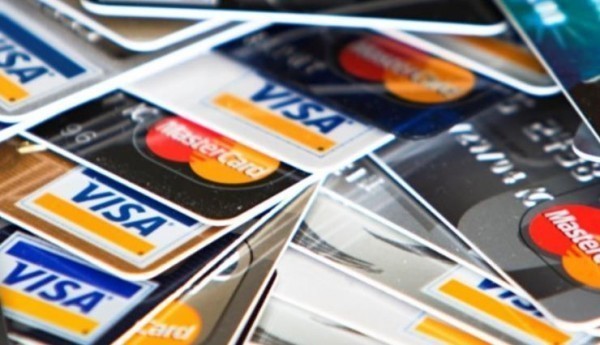 |
(Yonhap) |
The sucess behind South Korea’s fast action toward containing the spread of COVID-19 is in its legal access to private information of credit card tranaction, according to observers on Wednesday. Despite disputes on infringing on individuals’ privacy, the method is being touted in and out of the country for its efficiency, as it can take just 10 minutes to track the movement of patients infected with the virus.
Since the first case of the novel coronavirus was confirmed on Jan. 20, the Korean government has traced infected patients’ routes and identified who might have come into voluntary or nonvoluntary contact by looking into credit card records. Authorities have publicized some of the records as part of containment efforts.
The wide use of credit cards in Asia’s fourth-largest economy has attributed to the success of the controversial method.
To date, 9 out of 10 in Korea have credit cards, and their cashless transaction ratio is higher than any other country, at 96.4 percent as of 2016, industry data showed.
Tracing credit card use to track virus spread became legal amid the Middle East respiratory syndrome outbreak in June 2016.
The revised law allowed the government to access individuals’ private information, ranging from credit card records to cellphone GPS data, without a warrant so that authorities could carry out more accurate epidemiological studies for disease surveillance.
In March, the Ministry of Land, Infrastructure and Transport implemented a computerized system to trace the spread of the virus whereby ministry officials identify the movements of infected people based on card transaction data submitted by 22 credit card operators, a process that takes about 10 minutes.
Despite its effectiveness, the state’s intervention in private records is still unthinkable in other countries, according to foreign residents here.
“I was surprised that the government collects credit card information from residents, which is not widely accepted in my country, Mexico,” said Hector Fernando, an international student living in Seoul."
The use of credit cards and danger of leaking personal information is likely to become a subject for further debate.
“The coronavirus outbreak sparked a debate over whether the government can violate individuals’ privacy in times of national crisis,”said Kang Sung-jin, an economics professor at Korea University.
“In the post-coronavirus era, some will use credit cards more with remaining fears of the epidemic, while others turn to cash transactions in a bid to protect their private life from the government.”
By Choi Jae-hee (
cjh@heraldcorp.com)





![[Exclusive] Hyundai Mobis eyes closer ties with BYD](http://res.heraldm.com/phpwas/restmb_idxmake.php?idx=644&simg=/content/image/2024/11/25/20241125050044_0.jpg)
![[Herald Review] 'Gangnam B-Side' combines social realism with masterful suspense, performance](http://res.heraldm.com/phpwas/restmb_idxmake.php?idx=644&simg=/content/image/2024/11/25/20241125050072_0.jpg)

